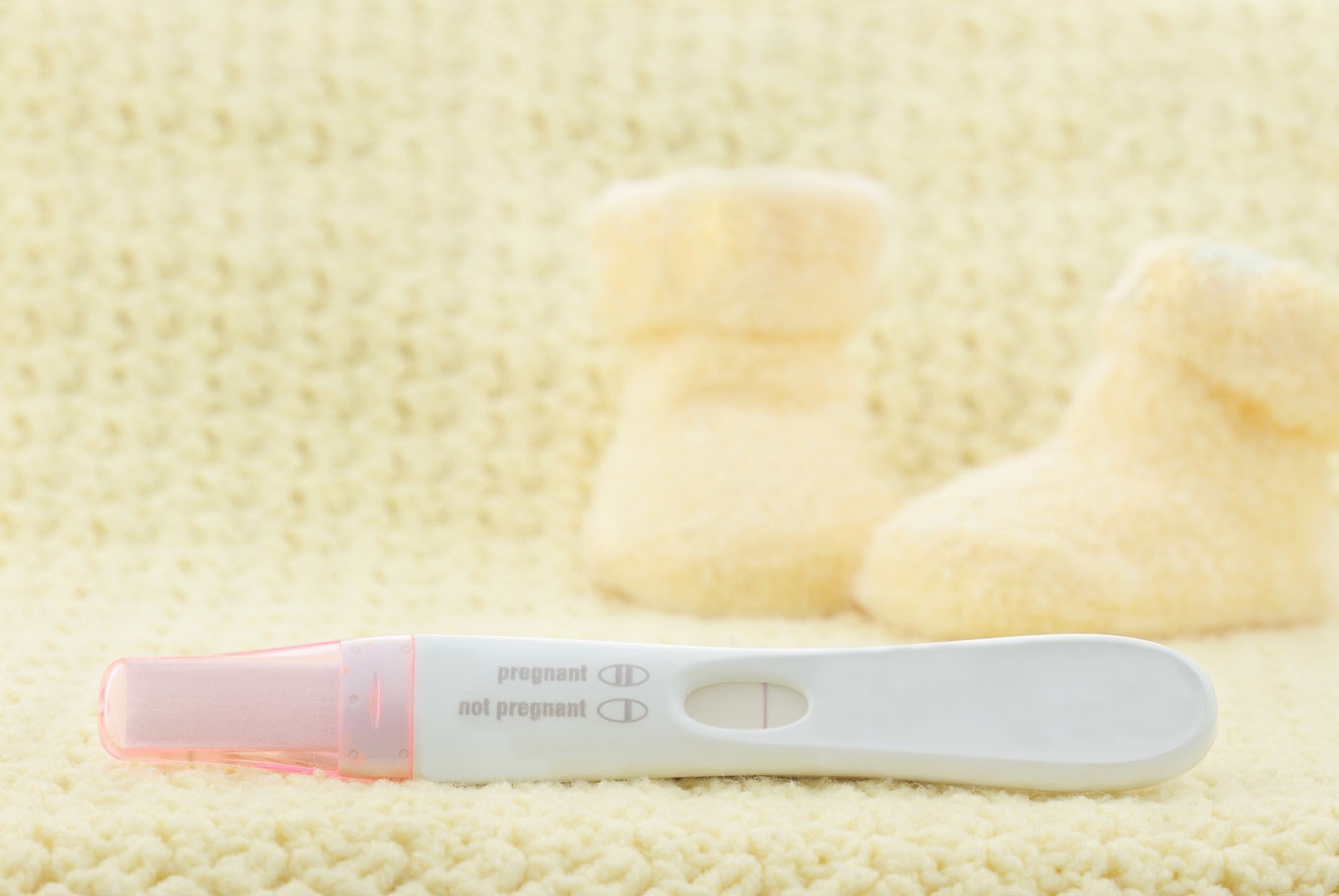Popular Reads
Top Results
Can't find what you're looking for?
View all search resultsPopular Reads
Top Results
Can't find what you're looking for?
View all search resultsMistakes often made when trying to get pregnant
Change text size
Gift Premium Articles
to Anyone
T
rying to get pregnant yet still failing? Getting pregnant is not really all that simple. The right egg getting fertilized by the right sperm has to happen at the right time. If not, nothing happens. Sometimes couples trying to get pregnant do not take into account the right timing.
Its not all about timing though, there are many factors that may spoil your efforts to get pregnant.
Mistakes when trying to get pregnant
Without realizing it, you might be making these mistakes when trying to get pregnant, resulting in failure.
Infrequent or too frequent coitus
If you thought that infrequent coitus gave you more abundant semen reserves, then you’re wrong. Coitus frequency has nothing to do with the amount of sperm produced. In fact, rare intercourse with your partner could actually make you miss her ovulation time (when the eggs are released). Most couples who miss this time fail to conceive a child.
On the other hand, having coitus too often could make you feel uninterested and stressed. Although more frequent intercourse will create a bigger chance of getting pregnant, having coitus too often can also result in problems. Frequent coitus may make one of you uninterested when the opportunity for pregnancy is wide open. Furthermore, having intercourse every day could also make you stressed due to overthinking how to get pregnant. When stressed, hormones can influence you and influence fertilization (when the eggs unite with the sperm). Substantively, coitus every day is not really a problem, in fact it provides a greater possibility of achieving pregnancy, as long as you don't get stressed about getting pregnant; just enjoy your time with your partner.
Missing ovulation
Many couples haven’t achieved pregnancy due to not having intercourse at the right time and missing ovulation. Knowing when a woman is most fertile, her ovulation time, is quite difficult. Sperm lasts up to two days after entering a woman's body, therefore, it's better for the sperm to be inside the woman's body at least three days before ovulation, as a woman's eggs only last 24 hours after release. So, if you have intercourse on the day of ovulation, chances are you’ve already missed the chance for the eggs to be fertilized by the sperm, resulting in no pregnancy. If you’ve missed ovulation, you’ll have to try again next month.
The key is to knowing when ovulation occurs. How, you ask? You have to track your ovulation for at least three months before planning pregnancy. Take note of your basal body temperature and menstrual periods each month. Have intercourse a few days before ovulation.
(Read also: How to know if your body is not ready for pregnancy)
Stress
Stress can disrupt fertilization because it effects the function of the hypothalamus (a gland in the brain that controls appetite and emotions, it also controls the hormones in charge of releasing eggs). Stress may disrupt and alter your ovulation cycle so you are unable to predict when it will happen.
Stress can be either constant or sudden. The body can adapt to high level and constant stress, so it will still ovulate.
However, when sudden stress occurs, such as having bad luck, an accident, or a family member dying, this may interrupt your ovulation cycle. This of course does not apply to all women.
When you are trying to get pregnant, but are stressed at the same time, the mucus in the cervix will show signs. Your cervical mucilage level may increase and be much higher than usual, with dryer mucilage the next day. This can be a sign that your body is trying to ovulate but the stress is preventing it from doing so.
You can determine when you are ovulating by noting your basal temperature. Your basal temperature may be higher than usual when ovulating. So, although stress can interrupt your ovulation cycle, this does not decrease your chance of getting pregnant, as long as you know when your ovulation occurs.
Always having intercourse in the same position
You may have often heard that the man on top (missionary style) is the best position to achieve pregnancy. However, if you switch positions it will make no difference. Intercourse position does not determine pregnancy. Whatever your position is, the sperm will always swim toward the cervix, where the egg will be brought by the fallopian tube (a canal that connects the ovary to the womb). Just use a position where both of you feel comfortable.
Using lubricants
Some research show that vaginal lubricants may damage sperm and obstruct its ability to swim through the uterus to fertilize the egg. The acidity, or pH balance, produced by the cervical mucilage right before ovulating is correct for the sperm to survive and swim, meanwhile the pH in lubricants does not support sperm, therefore they can perish. Other than that, the lube's density can make it harder for the sperm to swim, while water-based lube can be absorbed and damage the sperm.
If you feel you need a lubricant, try warm water. Water will not damage the sperm or obstruct its path toward the cervix. If you still feel the need to use a lubricant, look for one that is clinically tested and sperm-friendly. Or if you want to go natural, you can try olive oil, vegetable oil, baby oil or egg whites. (kes)












